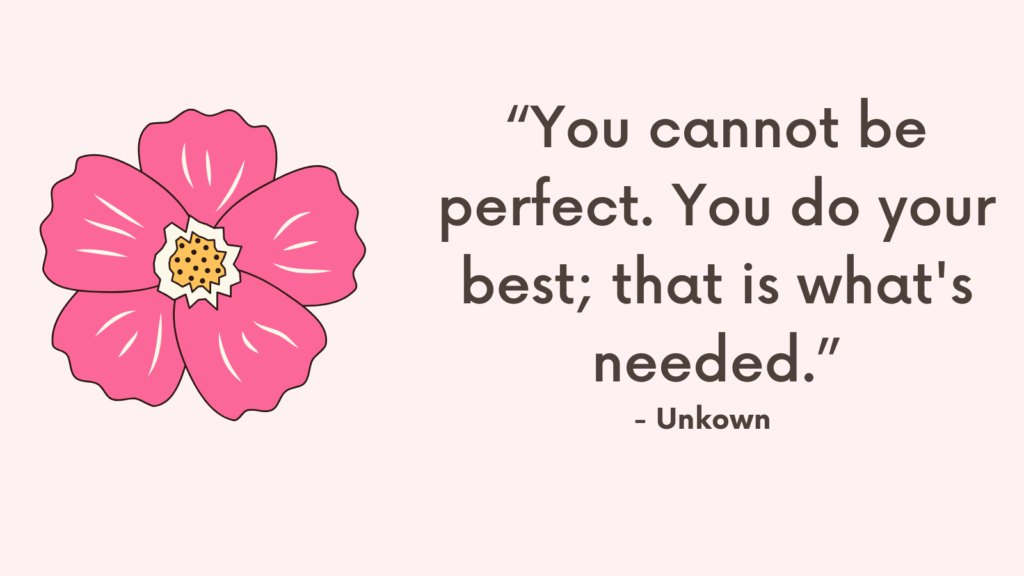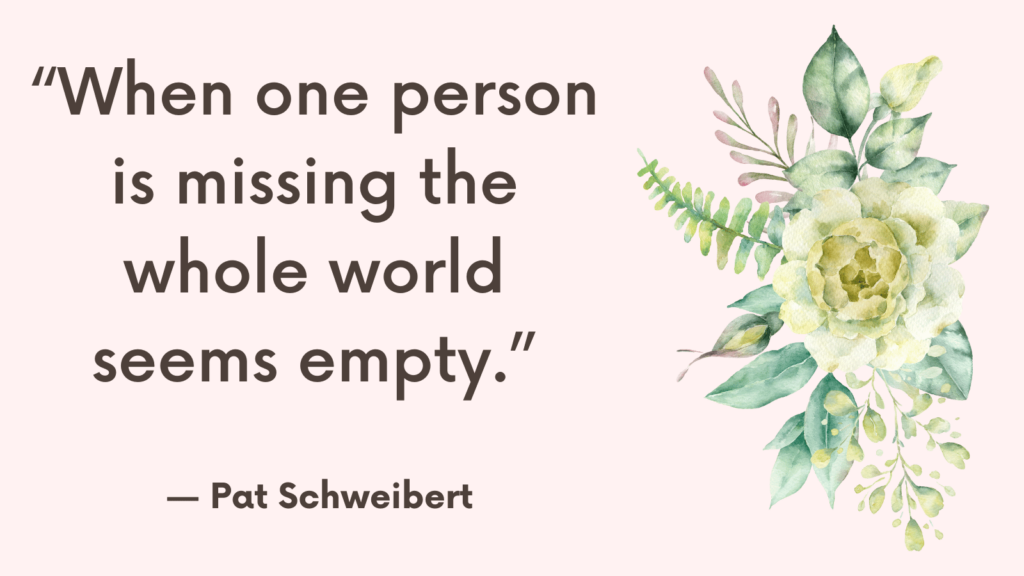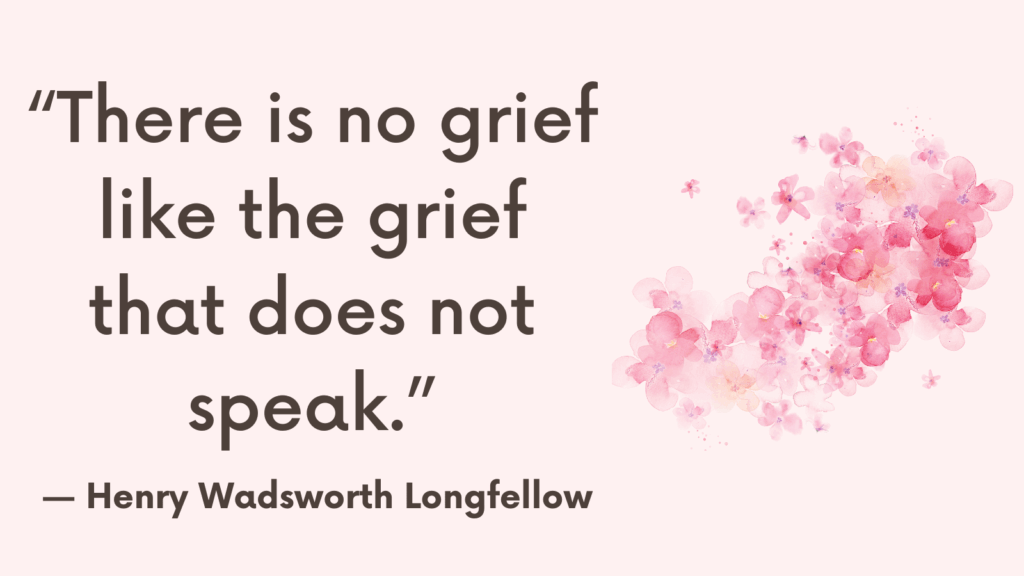Losing a job isn’t just about income—it’s about identity, routine, self-worth, and stability. Whether it came suddenly or after months of tension, job loss often triggers grief that’s real, raw, and hard to talk about. You may feel ashamed, unmoored, or even invisible. But losing a job doesn’t mean you’ve lost yourself. Here’s how to move through the grief with clarity, compassion, and strength.
When Losing a Job Feels Like Losing a Part of Yourself
Job loss isn’t just about income. It’s about identity, routine, purpose, community, and often—dignity. Whether you were laid off, fired, or forced to resign, it can feel like the ground beneath you has disappeared.
Even if you “saw it coming,” the actual loss can hit like a tidal wave.
And while others may say, “You’ll find something else,” your body and heart may be stuck in disbelief, anger, sadness, or shame.
Grieving a job is real.
You’re not overreacting.
You’re adjusting to a major rupture.
Why Job Loss Grief Hurts So Deeply
Your job may have been tied to your self-worth
You may feel rejected, devalued, or blindsided
You’ve lost the structure that kept you grounded
There may be financial fear underneath the grief
You might miss coworkers or your daily rhythm
You might feel ashamed—even if it wasn’t your fault
This isn’t just career disruption. It’s a personal wound that deserves care, not silence.
The Emotional Stages You May Experience
Denial: “This can’t be happening.”
Anger: “How could they do this to me?”
Bargaining: “Maybe if I had done more…”
Depression: “What’s the point now?”
Acceptance: “This hurts, but I’m finding my way.”
You may move between stages daily. There is no “right” timeline.
Here are ways to support yourself through the grief of job loss.
How to Cope with Job Loss Grief
1. Name the Loss Honestly
You didn’t just lose a paycheck—you lost part of your daily rhythm, your community, and maybe a piece of how you saw yourself. Say:
“This hurts. I feel disoriented, and that makes sense.”
Naming grief helps you process it instead of suppressing it.
2. Detach Your Worth From Your Work
Your role was a part of your life—not the whole of who you are. Say:
“My value isn’t defined by a title, performance review, or position. I exist beyond my job.”
3. Give Yourself Permission to Grieve
Grief after job loss can include denial, anger, sadness, and fear. All of it is normal. You don’t have to “bounce back” instantly. Let the waves come—then let them pass.
Related: Best 21 Grief Journaling Prompts (+FREE Grief Worksheets PDF)
4. Watch for Shame’s Voice
Shame might whisper:
“I failed.”
“I’m falling behind.”
Remind yourself:
“Job loss happens to strong, capable people. I’m not less because I’m in transition.”
5. Hold on to Structure in Small Ways
Without the job’s routine, you may feel adrift. Add gentle structure to your day—wake up at a set time, schedule movement, plan small goals. It grounds your nervous system.
6. Talk About It With Safe People
You don’t need advice—you need empathy. Share your fears, sadness, or uncertainty with someone who won’t minimize it. Let them remind you: you’re still whole.
7. Reconnect With Other Parts of Your Identity
What brings you joy outside of work? Creativity, caregiving, community, rest? Explore the parts of you that don’t need a job title to matter.
8. Reflect on What You Actually Want Next
Instead of rushing into another role, ask:
“What do I want this next chapter to feel like?”
Job loss can also be a portal into a more aligned path.
9. Seek Support—Practical and Emotional
Whether it’s unemployment help, career coaching, or therapy, you deserve resources that support both your finances and your mental health.
10. Celebrate Progress, Not Just Outcomes
Every application, interview, or moment of self-kindness is a step forward. This season is temporary—but your resilience isn’t.
Conclusion
You are not your job. You are not your income. You are not your title.
You are a whole person, worthy of dignity and care—especially now. Job loss may shake your foundation, but it cannot take away your courage, your wisdom, or your ability to rise again. This grief is real—and so is your healing.



